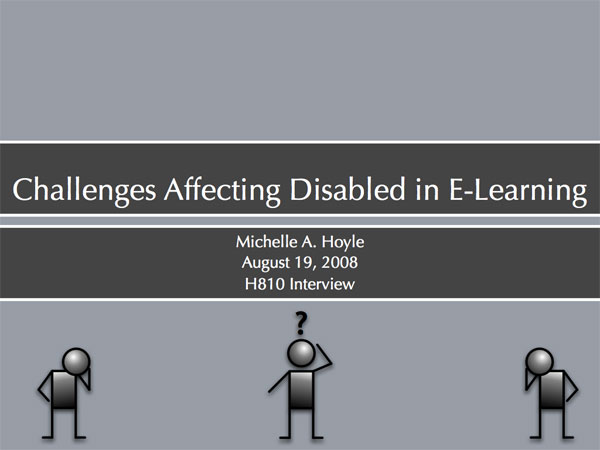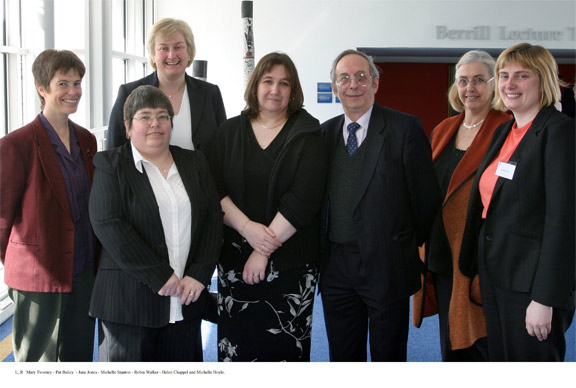
Windows Live Mail mailbox in Redmond, WA
I joined the Open University (OU) as an Associate Lecturer (AL) back in May 2000 to teach the university’s T171: You, Your Computer and the Net course, the university’s first large-scale foray into online teaching. As one of hundreds of new ALs, I was thrown into the world of FirstClass, the university’s chosen platform for collaboration and discussion in its courses, and among its students and associate lecturers. If you haven’t already heard, the death knell for FirstClass has been sounded. I believe the transition away from FirstClass for courses is expected to be complete by October 2010. As part of that transition, our e-mail accounts need to go somewhere, but where?

Sample Google Mail Spam Folder
If you’re a student, you may already be using your own personal, non-OU e-mail address at the university. If you’re an associate lecturer or other academic/support staff, having a .open.ac.uk e-mail address is an important part of your professional identity. According to David Wilson, director of strategic planning in LTS, a choice is being considered between Google Apps Education Edition and Microsoft Live@edu and should be made shortly (in Snowball 36 – November 2009). It will definitely be put into place for students, but it may extend further than that. The decision has not yet been made, so we have a very small window of opportunity to provide some input as to our preferences. I’ve constructed a very small, unofficial survey at SurveyMonkey to do that.









